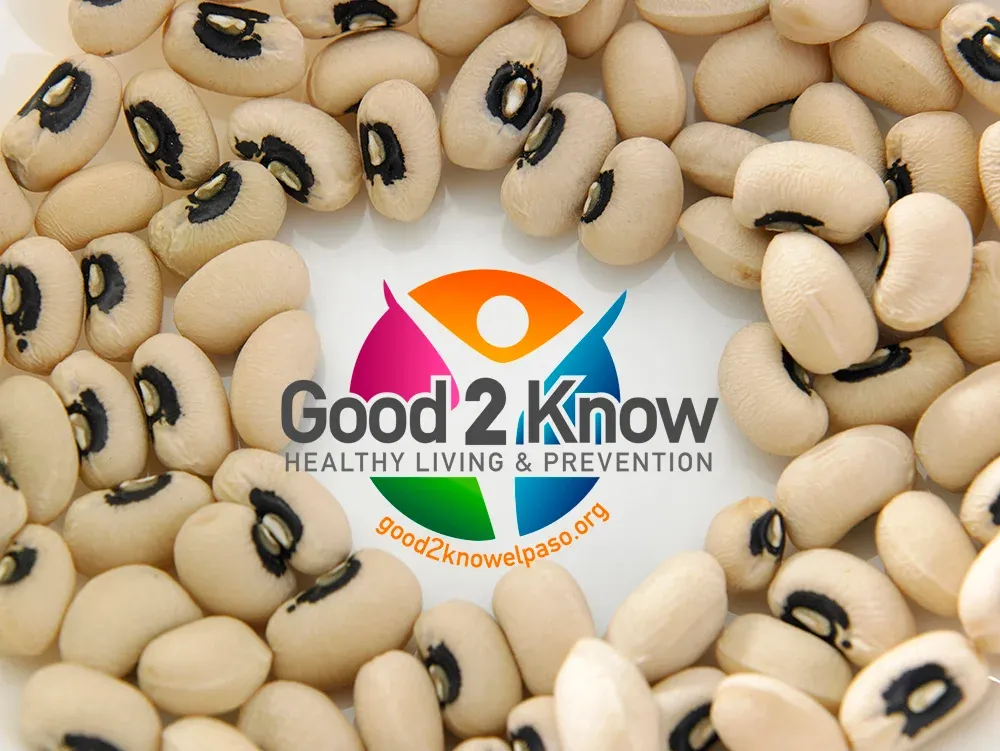The Mediterranean diet has been shown to reduce risk of heart disease, metabolic syndrome, diabetes, certain cancers, depression, and in older adults, a decreased risk of frailty, along with better mental and physical function.
The traditional Mediterranean diet is based on foods available in countries that border the Mediterranean Sea. The foundation for this healthy diet includes
• an abundance of plant foods, including fruits, vegetables, whole grains, nuts and legumes, which are minimally processed, seasonally fresh, and grown locally
• olive oil as the principal source of fat
• cheese and yogurt, consumed daily in low to moderate amounts
• fish and poultry, consumed in low to moderate amounts a few times a week
• red meat, consumed infrequently and in small amounts
• fresh fruit for dessert, with sweets containing added sugars or honey eaten only a few times each week
• wine consumed in low to moderate amounts, usually with meals.
How can you incorporate these healthy foods into your everyday life? Experts recommend one step as a time. Make one food change every week and eventually incorporate all of them. Start with the changes you think will be the easiest.











